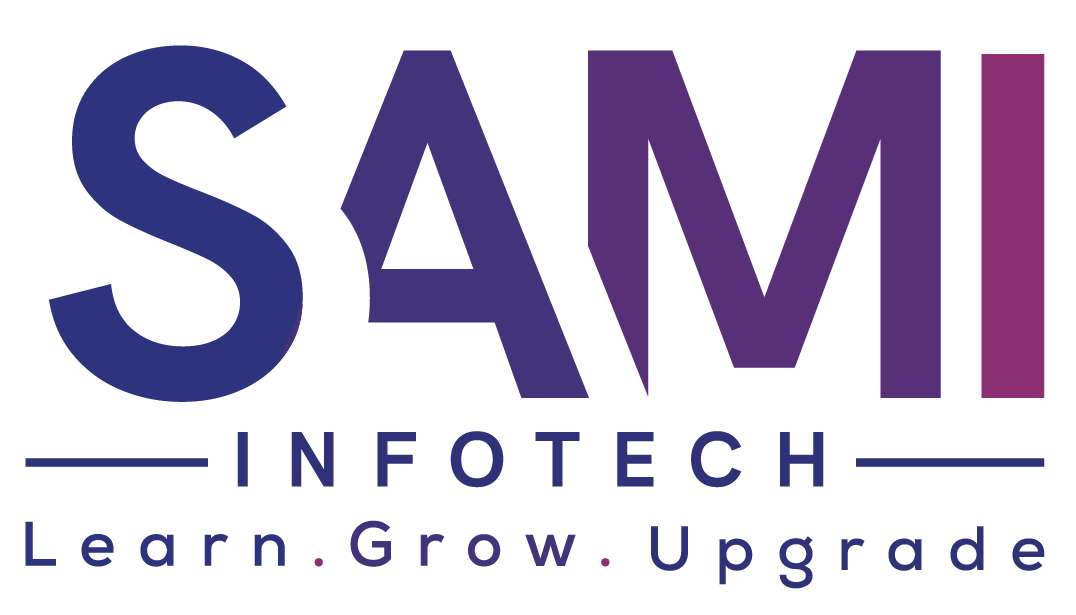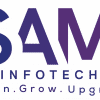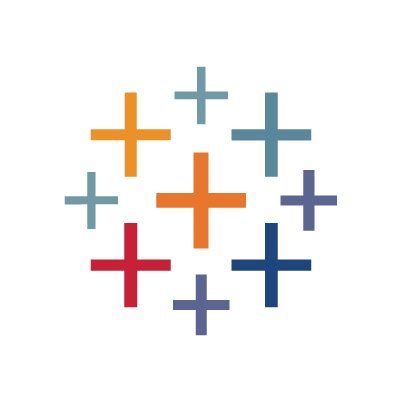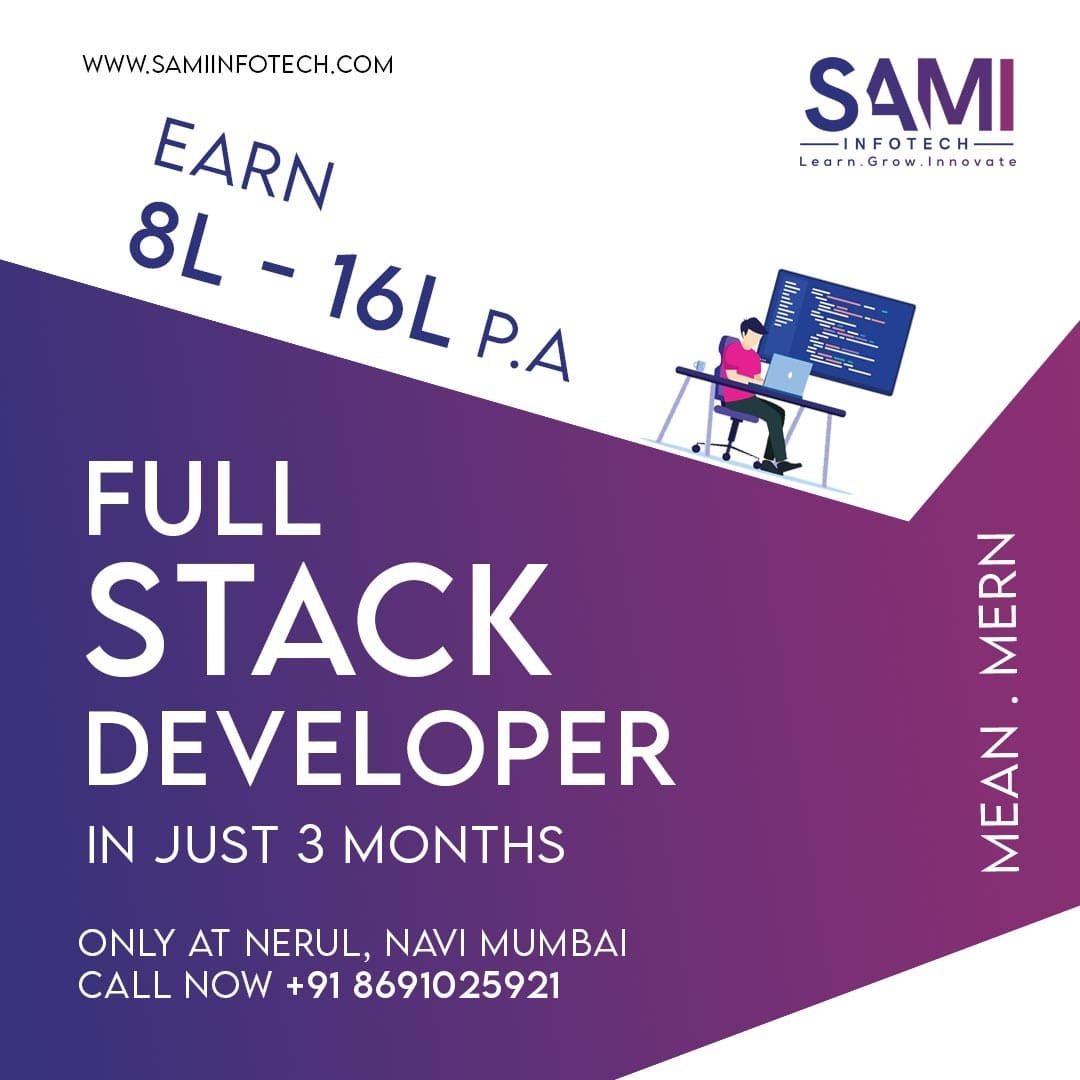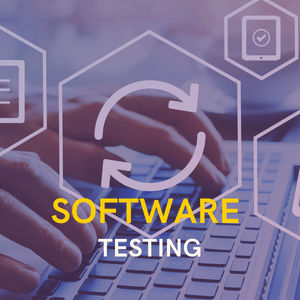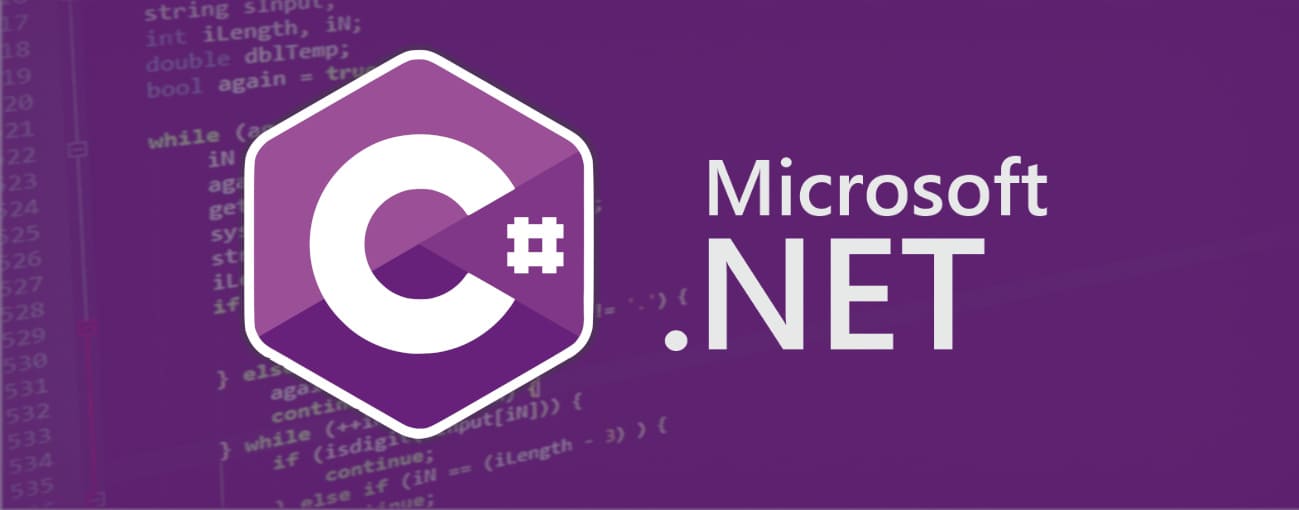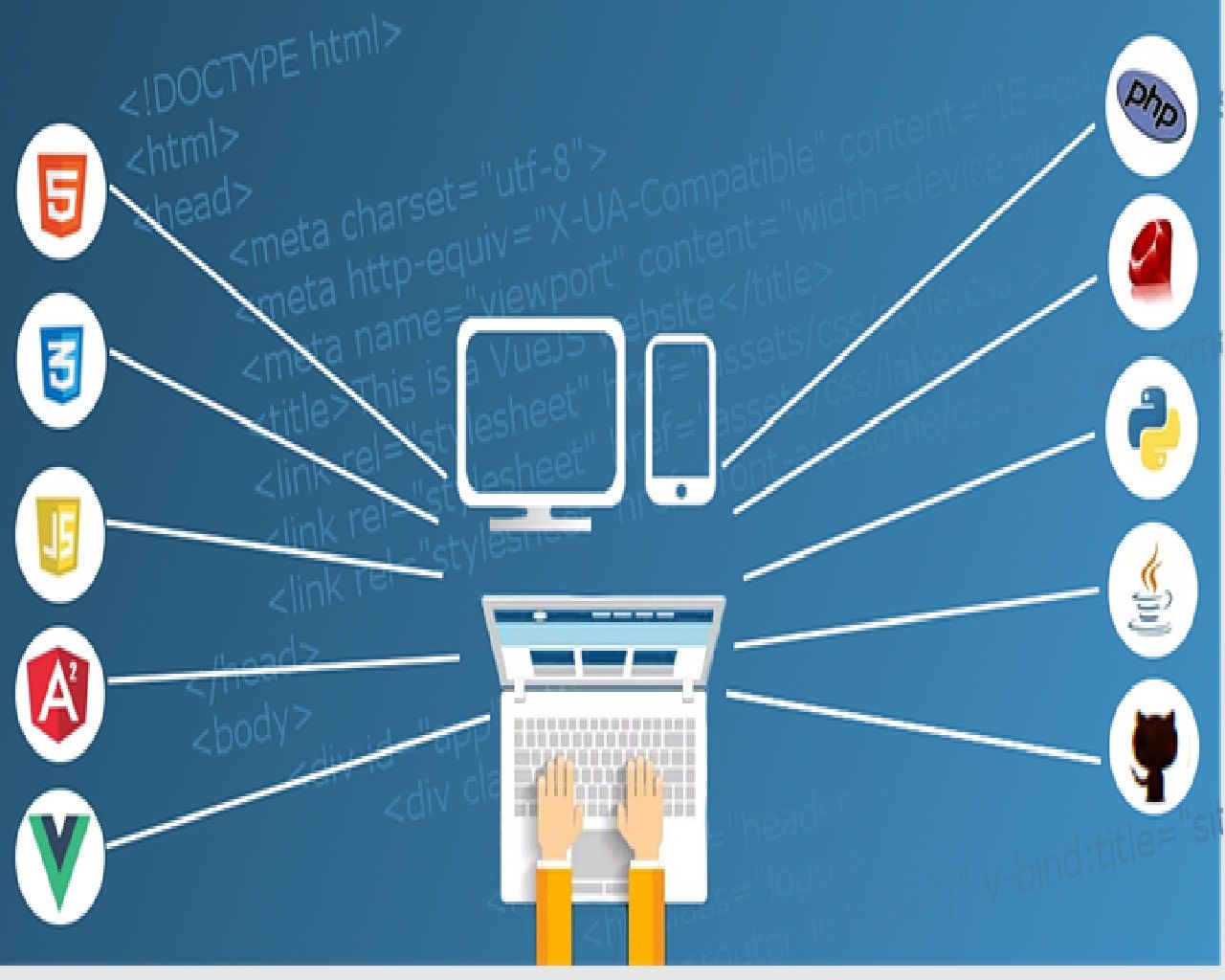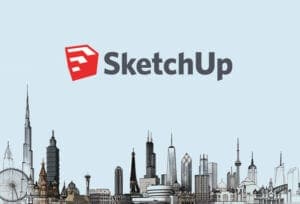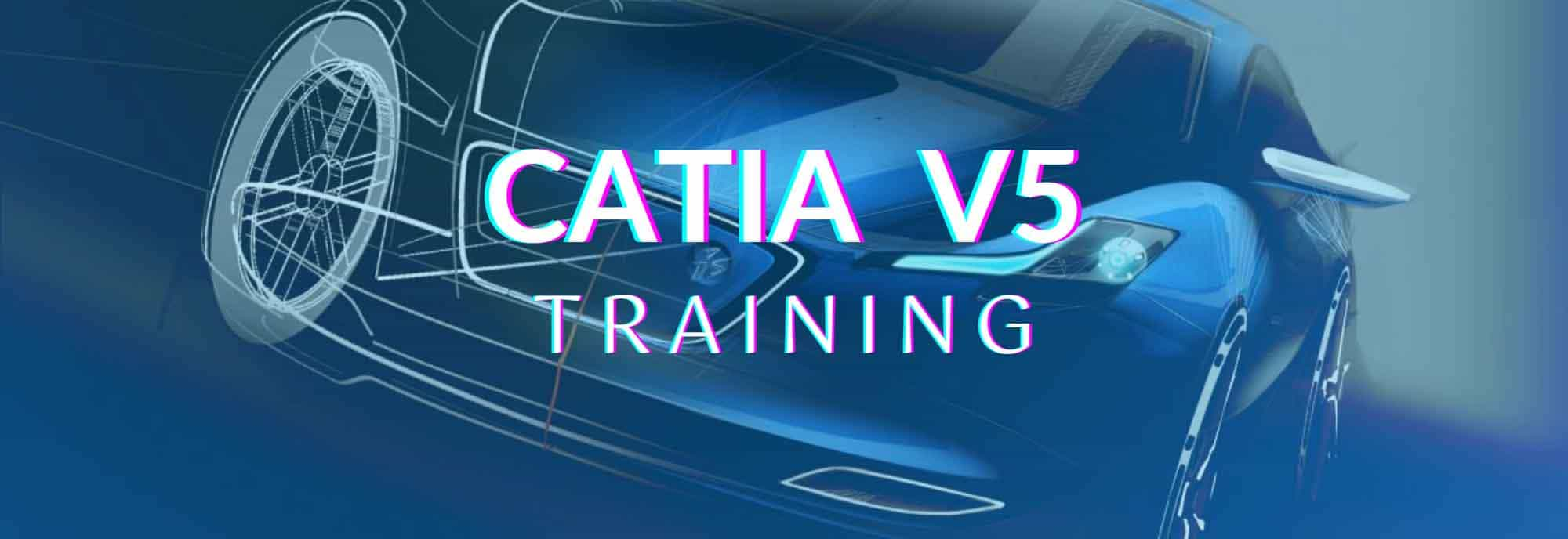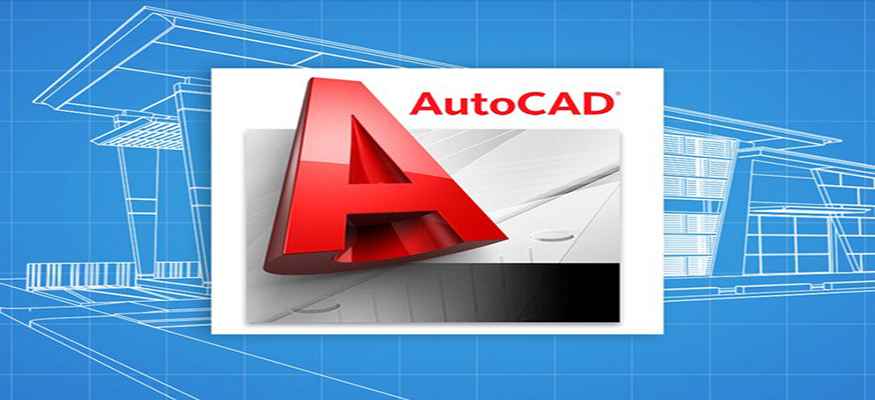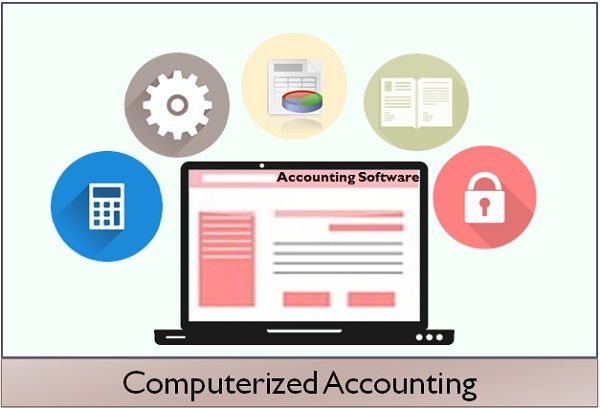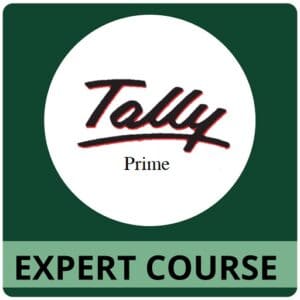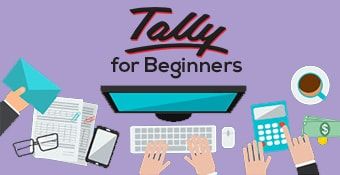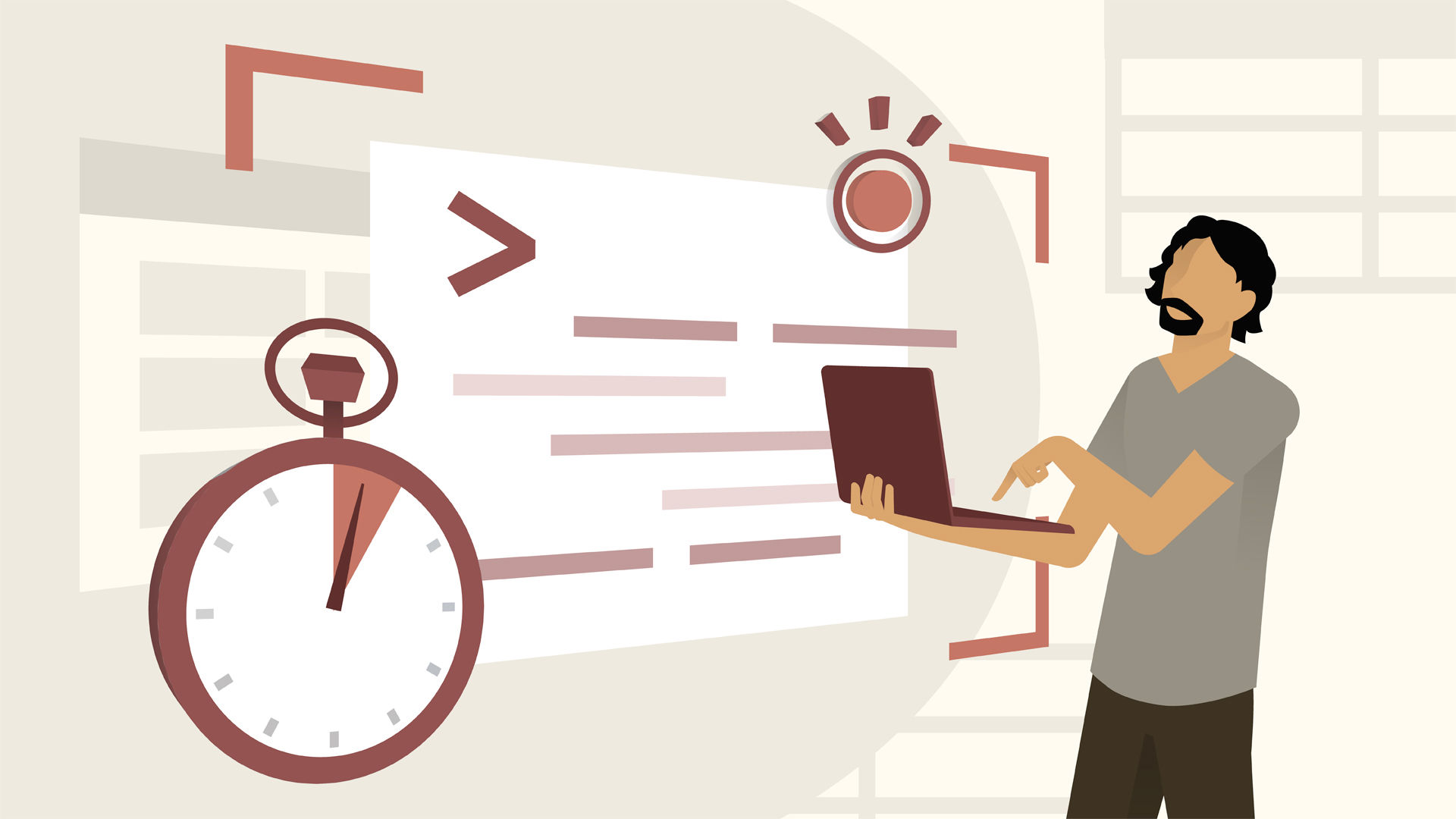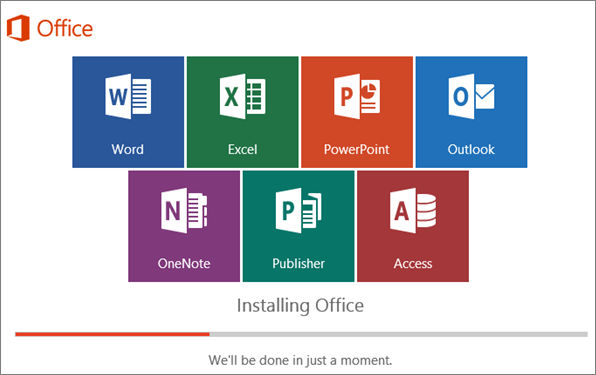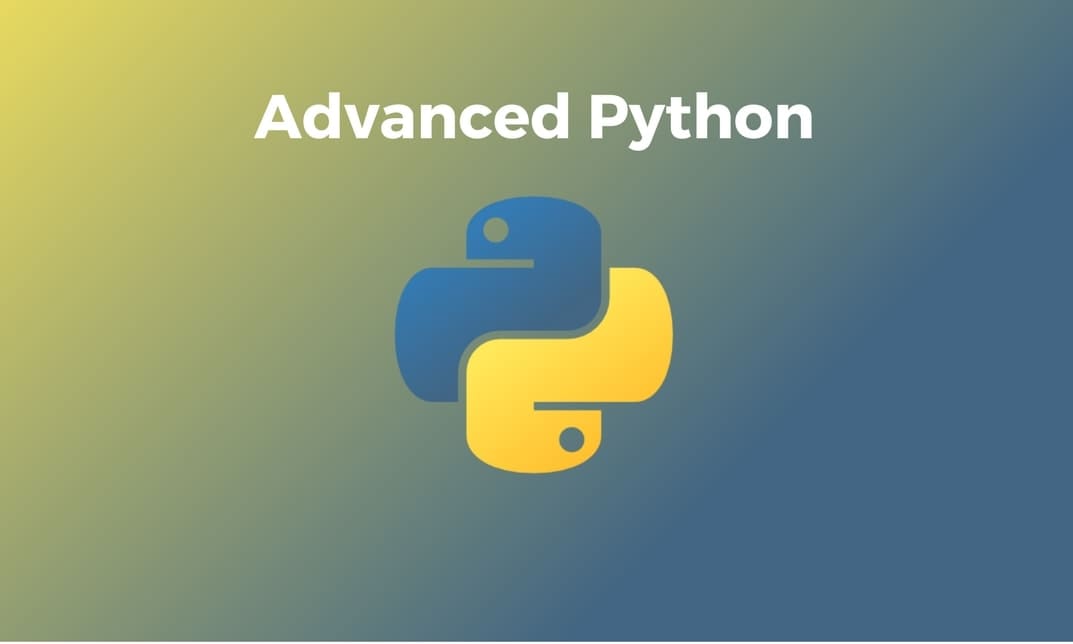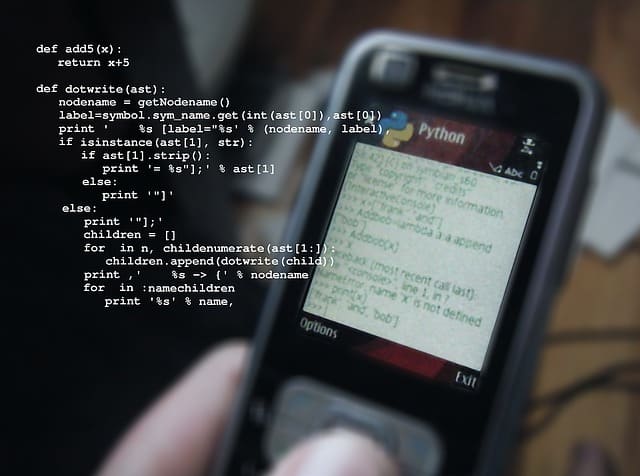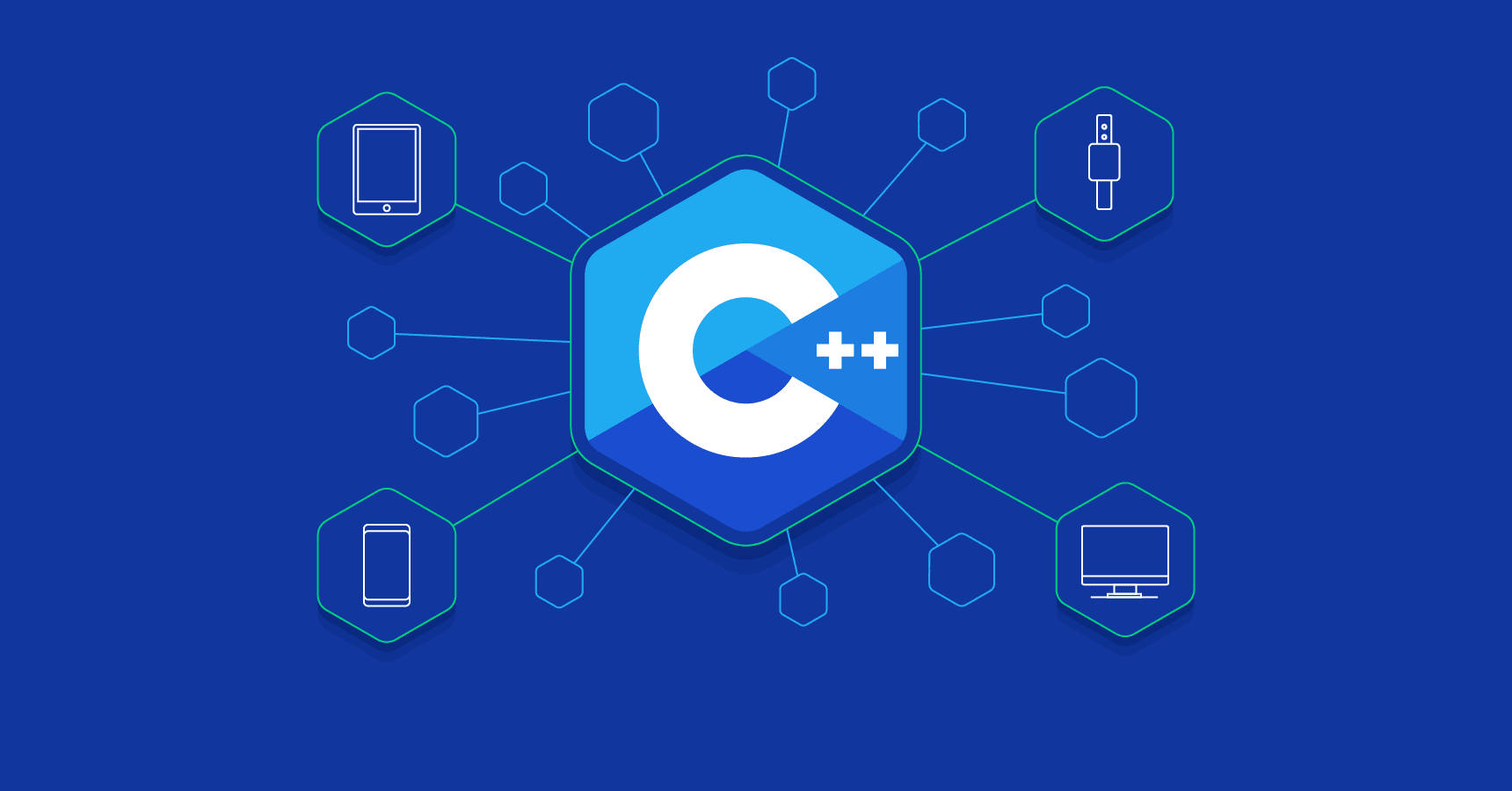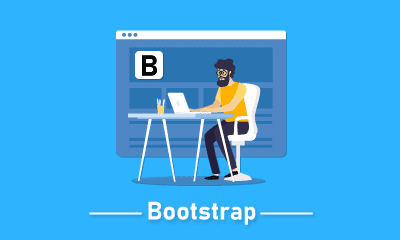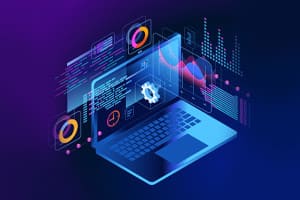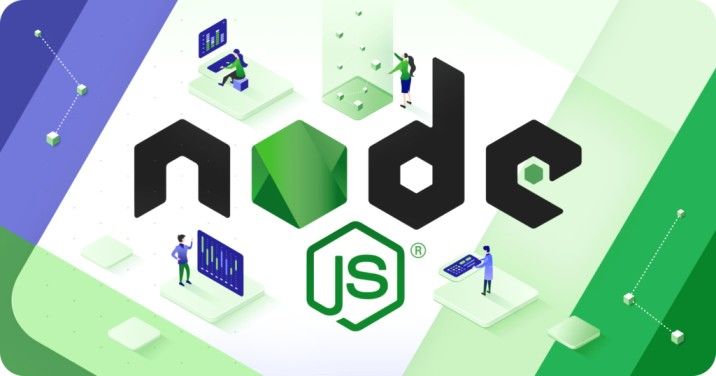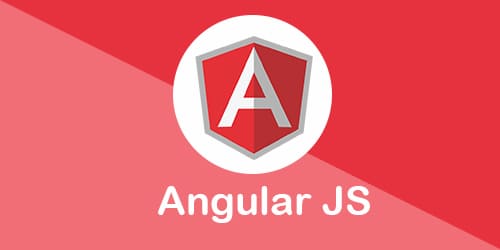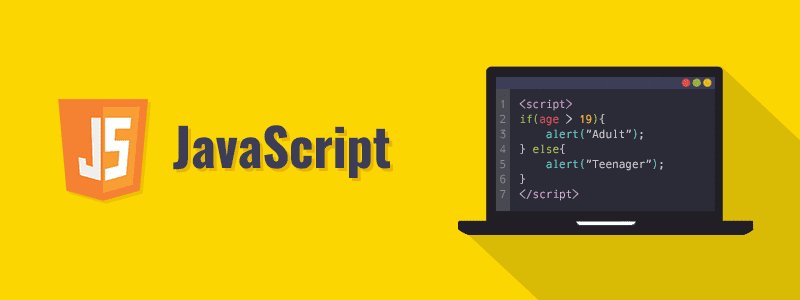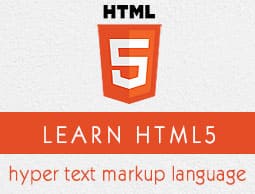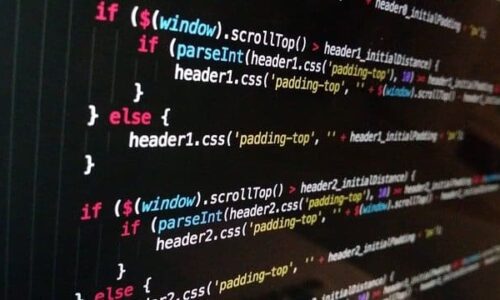What’s Included
1 project file
11 chapter quizzes
Access on tablet and phone
Certificate of completion
Course Description
Learn the basics of Java programming language, including syntax, data types, variables, operators, and control flow statements.Understand key OOP concepts such as classes, objects, inheritance, polymorphism, and encapsulation, essential for building robust and modular Java applications.Explore the Java Standard Library (Java API) and its core packages for performing common tasks such as input/output (I/O), string manipulation, collections, and exception handling.
Covers the basics and importance of C programming, including its history and widespread .
Covers the basics and importance of C programming, including its history and widespread .
Covers the basics and importance of C programming, including its history and widespread .
Covers the basics and importance of C programming, including its history and widespread .
Curriculum
Module 1: Introduction to C Language
- Installation link
- Installation steps
- C programming features
- Structure of the C Program
Module 2: Token
- Introduction to Tokens
- Importance and Usage of Keywords
- Rules for Naming Identifiers (Avoiding Keywords)
- Ignoring Whitespace and Comments during Compilation
- Definition and Purpose of Variables
- Importance in Programming
- Role in Storing and Managing Data
- Understanding the concept of constants as fixed values
- Recognizing the role of constants in programming for maintaining data integrity and readability.
- Understanding operators as symbols that perform operations on operands.
- Overview of arithmetic operators.
Module 3: Operators
- Understanding role in combining and modifying Boolean conditions.
- Applying logical operators to create complex conditions
- Streamlining code with compound assignment operators.
- Understanding how the address operator retrieves the memory address of a variable.
- Reinforce your understanding and practical application of Operators.
Module 4: Decision Making Statements
- Understanding the role of conditional statements in decision-making.
- Significance of making decisions in programming for control flow.
- Identifying scenarios where switch-case is more appropriate than if-else.
Module 5: Looping Statements
- Introduction to loops as control flow structures in C.
- Significance of loops in automating repetitive tasks and optimizing code.
- Overview and Use Cases
- Incorporation of one loop structure within another
- Altering the flow of execution within loops.
- Break and continue statements
Module 6: Array
- Introduction to Arrays
- Definition and Purpose
- Declaration and Initialization
- Accessing Array Elements
- Updating array elements
- Input array element dynamically
- Search array elements
- Practice set Questions
Module 7: Strings
- Definition and Purpose
- String Declaration and Initialization
- String Manipulation Functions
- Practice Set Quesions
Module 8: Functions
- Introduction to Functions
- User define functions
- Types of function
- Pass by value
- Pass by reference
- Practice set Questions
Module 09: Pointers
- Introduction to Pointers
- Understanding pointers as variables that store memory addresses.
- Understanding the relationship between pointers and data types.
- Dynamic Memory Allocation
- Arrays and Pointers
- Pointer-related Best Practices
Module 10: Introduction to Structures
- Definition and Purpose of Structures
- Importance in Organizing Data
- Basic Syntax and Declaration
- C Structure Definition
- Access Structure Members
- Initialize Structure Members
Module 11: File handling in c
- File opening modes in C
- Create a File in C
- Reading From a File
- Write to a File
- Close the File
